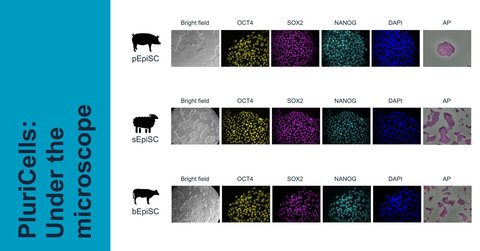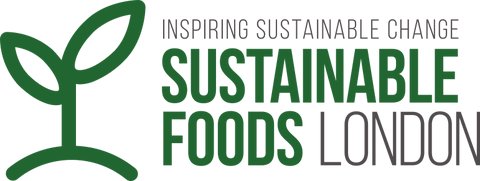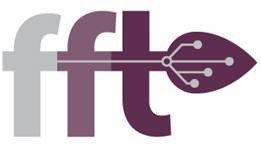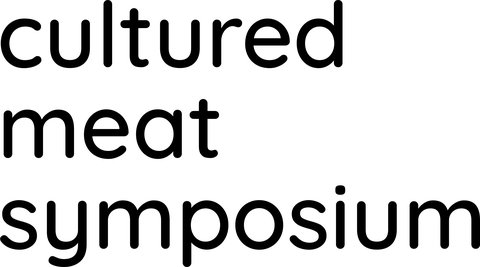PluriCells launches much-sought-after cell lines
August 21, 2023 - 4 min read
Nottingham-based bio-technology organisation, PluriCells, is pleased to announce the official launch of their high-quality, fully traceable, pluripotent animal stem cell lines available under research and commercial licence from the University of Nottingham.
PluriCells’ innovative processes harness the efficiency of nature to create embryonic stem cell lines which are of significant benefit to the cultured meat industry as it looks to overcome the challenges of scale. The methodology used in the PluriCells process was pioneered by PluriCells’ Chief Research Scientist, Professor Ramiro Alberio and Professor Austin Smith, and has since been peer-reviewed in the study, ‘Pluripotent stem cells related to embryonic disc exhibit common self-renewal requirements in diverse livestock species’.
Cultured, or cultivated, meat is meat grown directly from animal cells without the need to raise and slaughter animals and has the potential to transform the way in which meat is consumed, for the good of our planet. The industry, though nascent, is growing and governments worldwide are estimated to have invested around $635 million into the alternative protein ecosystem in 2022.
At present, cultured meat producers use a variety of cell types, with adult stem cells most used according to the Good Food Institute APAC’s recent report, ‘Cell line development and utilisation trends in the cultivated meat industry’. They further note that for ’terrestrial species, this is likely driven—at least in part—by challenges in procuring and culturing embryonic stem cells (ESCs) and induced pluripotent stem cells (iPSCs)’. While adult stem cells are in common use, their replication limits can create issues for precision manufacturing at scale.
PluriCells solves this issue through the provision of embryonic stem cells from pigs, sheep and cattle which are developed at food standard, free from genetic modification and which have genetic and phenotypic stability proven beyond 200 replications. This latter feature makes them effectively immortal.
Professor Alberio, Chief Research Scientist, says:
“The world is becoming increasingly aware that our meat-eating habits need to change. While cellular agriculture could give consumers new alternatives for their meat consumption, cultivated meat production has not yet achieved scalability or price parity. Both of which are crucial to long-term adoption of cultivated meat products. Our cell lines have been developed to drive efficiency and consistency in cultured meat production to support this emerging industry at scale.”
He adds:
“With our product lines already licensed by multiple leading cultured meat producers in the UK, Europe, Asia-Pacific and the United States, we’re confident that PluriCells will become a leading provider of pluripotent animal stem cell lines for the cultured meat industry throughout the world.”
The University of Nottingham, known globally for its expertise in biosciences and the development of research into the future of food, has provided Professor Alberio’s research laboratory with the opportunity to take this innovative development and create the commercial PluriCells product line. A framework which is, in and of itself, innovative.
Jack Bobo, Director of the newly formed Food Systems Institute, says:
“With the creation of the new Food Systems Institute (part of The University of Nottingham), we’re excited to see how else other organisations in this space can collectively solve the challenges facing the future of food and look forward to the next innovation from PluriCells.”
Attached images:
- “Ramiro-Alberio-1” - Image of Professor Ramiro Alberio working in the laboratory
- “PluriCells-Under-The-Microscope” - PluriCells cell lines as seen under the microscope
About Professor Ramiro Alberio
Ramiro graduated as a veterinarian from La Plata University (Argentina), and completed his PhD in Munich (Germany). During his postdoc, he developed novel methods of cellular reprogramming and now focuses his research on determining how cell fate decisions are made during the development of mammalian embryos. The use of single cell transcriptomics combined with gene editing to reveal the mechanisms that control cell fate specification during early development in domestic animals led to the creation of the process PluriCells now uses. These new methodologies for the derivation of embryonic stem cells in domestic animals have great potential for enhancing genetic selection of livestock, and in the generation of lab-grown food products.
About PluriCells
Pluricells was created in late 2022 to supply high-quality, traceable and stable pluripotent stem cell lines from sheep, pigs and cattle to the cultured meat industry under research or commercial license through The University of Nottingham. 2023 has seen PluriCells develop its product range for the cultured meat market following successful supply to a select number of leading cultured meat producers.
Website: www.pluricells.co.uk
LinkedIn: https://www.linkedin.com/company/pluricells/
Contact email: jonathan.gibbons@nottingham.ac.uk


















